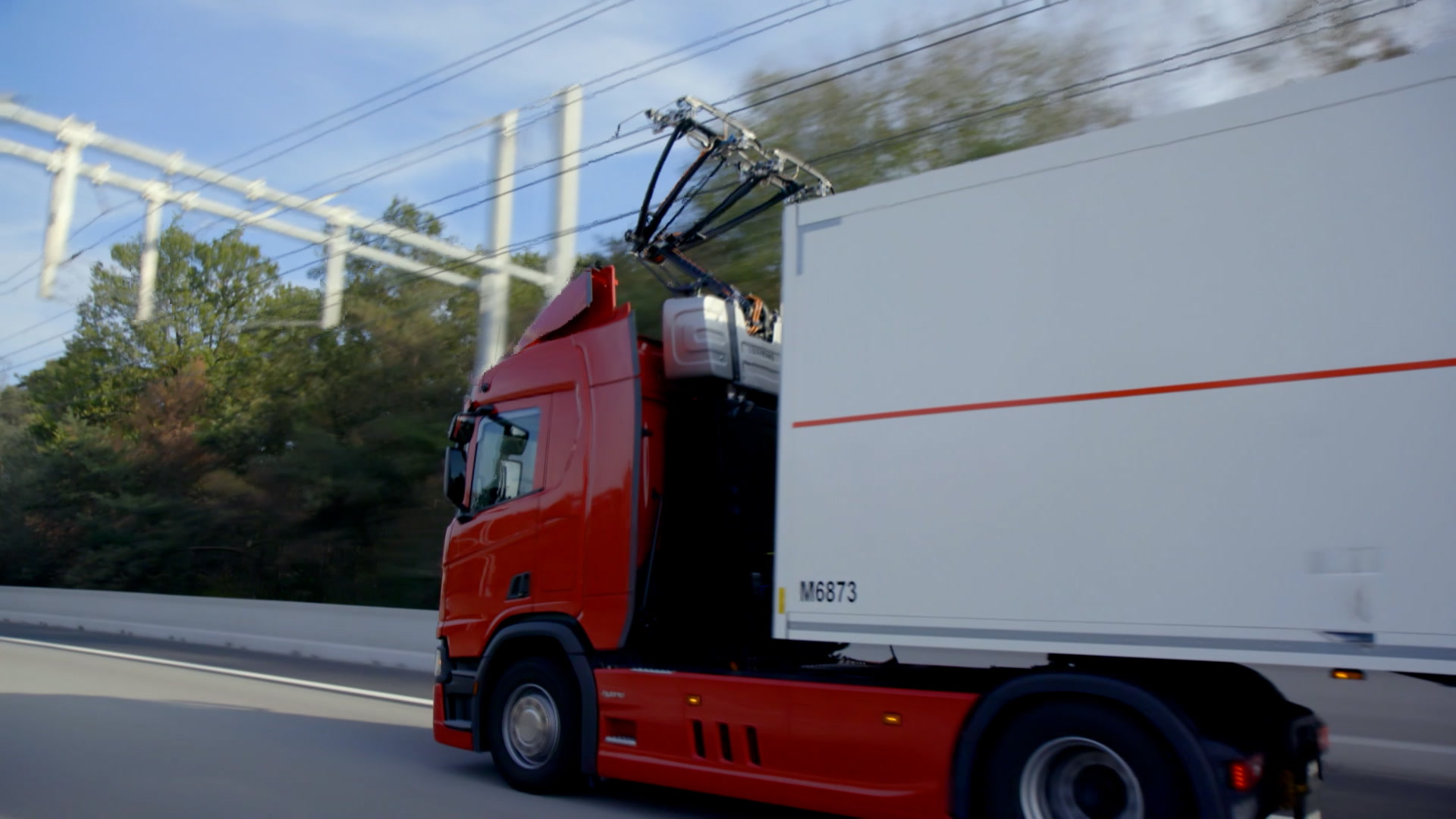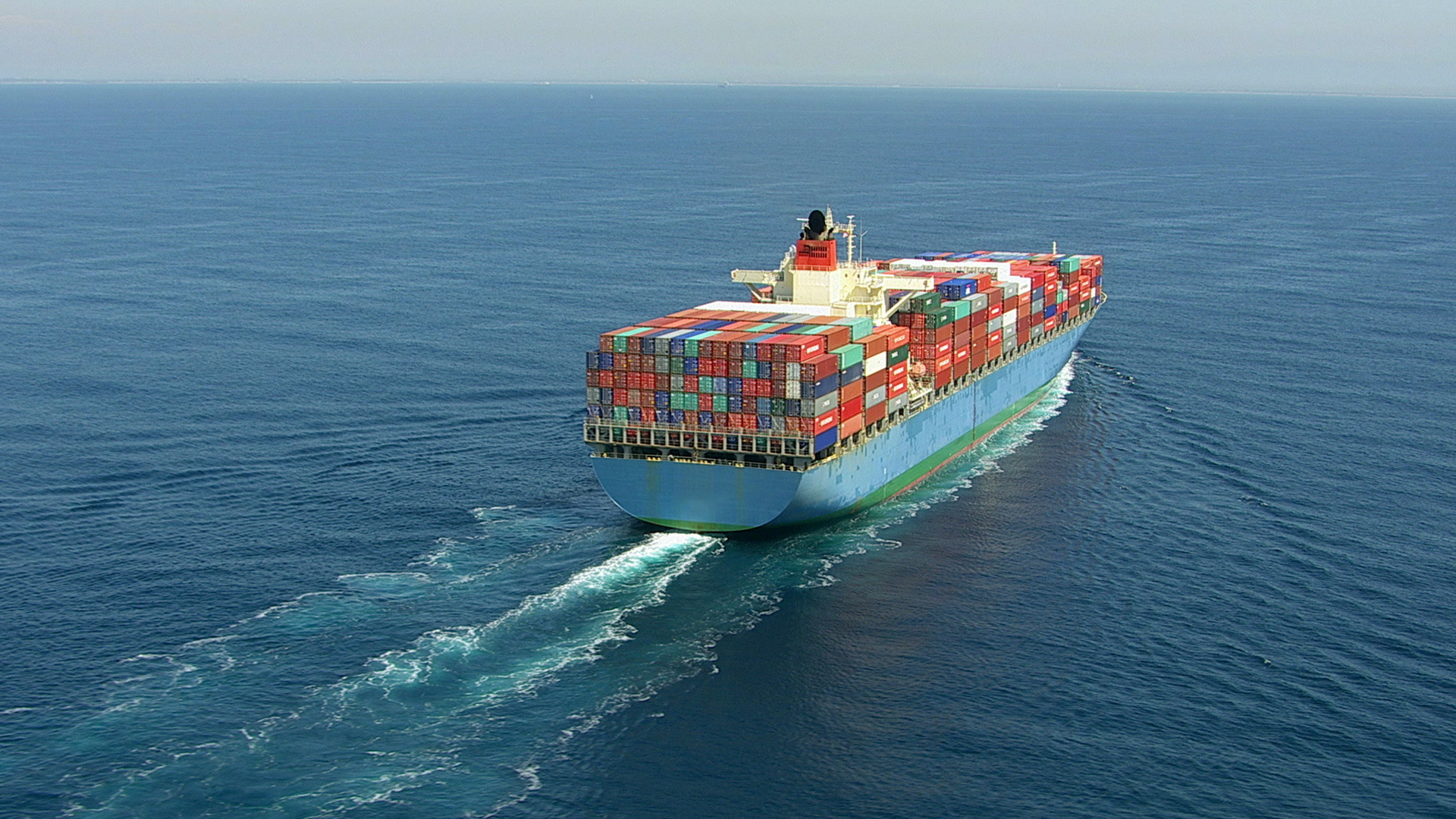3 ways sustainable supply chains can build better business in a post-COVID world

How to encourage the green shoots of a sustainable future Image: REUTERS/Juan Carlos

Get involved with our crowdsourced digital platform to deliver impact at scale
Stay up to date:
Supply Chain and Transport
- Building more sustainable, resilient supply chains can help the world emerge healthier from COVID-19.
- Sustainability certifications are a proven way to improve supply chains' economic and environmental performance.
- But buyers must share the burdens involved in making this shift alongside the farmers themselves.
The COVID-19 pandemic has shaken the world in profound and unexpected ways. More than nine million people have fallen ill from the virus and nearly 500,000 have died from it. The livelihoods of millions of farmers and workers have suffered, normal business has been disrupted, and the impacts continue to rise as the virus shifts to new regions.
The jury is still out on how severe and lasting the economic damage will be, or whether the pandemic will spur urgently needed action on climate change, rising inequality and sustainable development. One thing we can all agree on is that 'normal' will look different going forward.
The pandemic has focused attention on how dependent we all are on what happens in other parts of the world for the products we use every day. As businesses look to reinvigorate their operations after the crisis, current innovations in sustainability certification can help build more resilient supply chains through a stronger focus on continuous improvement, transparency and shared responsibility.
Here are three ways to do just that:
1. Measure continuous improvement to help farmers and companies mitigate risks and build resilience
In May this year, CEOs from 155 global brands, including Mars, Nestlé and Unilever, set out their commitments to invest in recovery and resilience for a systemic socio-economic transformation. The severe economic impacts of COVID-19 have amplified public opinion and consumer preference for responsible businesses. Already in the past decade, record numbers of businesses have acknowledged that long-term commercial viability cannot exist without social and environmental sustainability. Many companies have turned to sustainability certification as an effective way of building resilient supply chains and ensuring their long-term viability.
Independent research shows that certification has a positive environmental, social and economic impact. Credible third-party certification systems enable businesses to demonstrate their commitment to tackling deforestation, protecting natural resources, and contributing towards a living income and decent work to producers and workers across the world. These benefits of certification explain why, in 2017, certified production accounted for 16% of the total area under cultivation for tea and almost a quarter of global cocoa and coffee production areas.
Recent innovations in sustainability certification focus on meeting the challenge laid down by the CEOs to “reimagine a better future grounded in bold climate action”. For instance, credible certification is moving beyond simple pass/fail criteria, and towards measuring continuous improvement. To achieve more impact, sustainability certification should focus more on supporting farmers and companies in identifying and mitigating context-specific sustainability risks, driving improved performance, and building resilience. Sustainability is not an endpoint – it’s a journey. Sustainability certification must become the vehicle that supports and accompanies whole supply chains throughout that journey.
2. Be transparent and accountable: what you see is what you get
COVID-19-related disruptions to global supply chains have also focused attention on the preference of consumers and businesses to know where their products come from. A recent article in The Economist identified the need to make global food systems more transparent, traceable and accountable so that diseases are less likely to jump undetected from animal to human. The article pointed to certification and quality standards as important tools for achieving this.
Certification systems are now developing a wider and more innovative set of tools that allow producers, consumers, and companies to track agricultural products from farm to fork. Traceability systems are being strengthened to show where products originate and how they move through the supply chain so that sustainability risks can be continuously identified and investments made to address them. Satellite imagery is increasingly being used to monitor deforestation and other environmental risks such as water use and erosion, which threaten farmer productivity and incomes and which put the long-term viability of entire agricultural supply chains at risk. These kinds of data-driven risk assessment and improvement approaches will be key to building up more resilient and sustainable supply chains.
3. Share the benefits and the costs of sustainable production
The COVID-19 pandemic has laid bare the stark inequalities within and between countries – which the economic impact of the pandemic will almost certainly exacerbate. The expected global downturn could push millions into poverty in the coming years, with those in low-income groups and poor countries disproportionately affected.
When producers lose income, there is a greater risk of child labour, forced labour, and other human rights abuses in global supply chains. Deforestation can rise as farmers look for more fertile land to increase their earnings. Where farmers cannot earn a living income from producing critical commodities, young people are more likely to abandon farming altogether, putting the long-term viability of some supply chains at risk.
Certification is a key tool for farmers and companies to show they are taking steps to address sustainability. But the burden of making agricultural production more sustainable cannot rest on the shoulders of producers alone. Certification systems must both enable and oblige buyers to share the responsibility to invest in and reward sustainable production.
Research has shown that certification is most successful in improving livelihoods and protecting nature when farmers receive the support and investments they need to implement more sustainable practices. Certification systems must proactively leverage their data on sustainability risks and performance to help companies build resilient supply chains by targeting investments in sustainable production.
What’s the World Economic Forum doing about deforestation?
One organization already rising to this challenge is the Rainforest Alliance. This month the organization revealed its new seal, which represents the merger of two major agricultural certification standards, UTZ and the Rainforest Alliance. Farmers producing ingredients used in products that carry the new seal are on a pathway of continuous improvement, transparency, and shared responsibility.
On June 30, 2020, the organization releases its new Sustainable Agriculture Standard, incorporating new tools to support producers and companies in setting clear sustainability targets and focusing investments to improve positive impacts for people and nature. Innovations like these are timely tools to support more resilient agriculture and make responsible business the new normal in a COVID-19 world.
Don't miss any update on this topic
Create a free account and access your personalized content collection with our latest publications and analyses.
License and Republishing
World Economic Forum articles may be republished in accordance with the Creative Commons Attribution-NonCommercial-NoDerivatives 4.0 International Public License, and in accordance with our Terms of Use.
The views expressed in this article are those of the author alone and not the World Economic Forum.
The Agenda Weekly
A weekly update of the most important issues driving the global agenda
You can unsubscribe at any time using the link in our emails. For more details, review our privacy policy.
More on Supply Chains and TransportationSee all
Nick Pickens and Julian Kettle
April 22, 2024
Rida Tahir
April 9, 2024
Kimberley Botwright and Spencer Feingold
March 27, 2024
Andrea Willige
March 19, 2024







